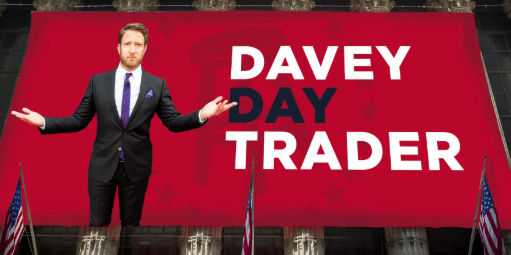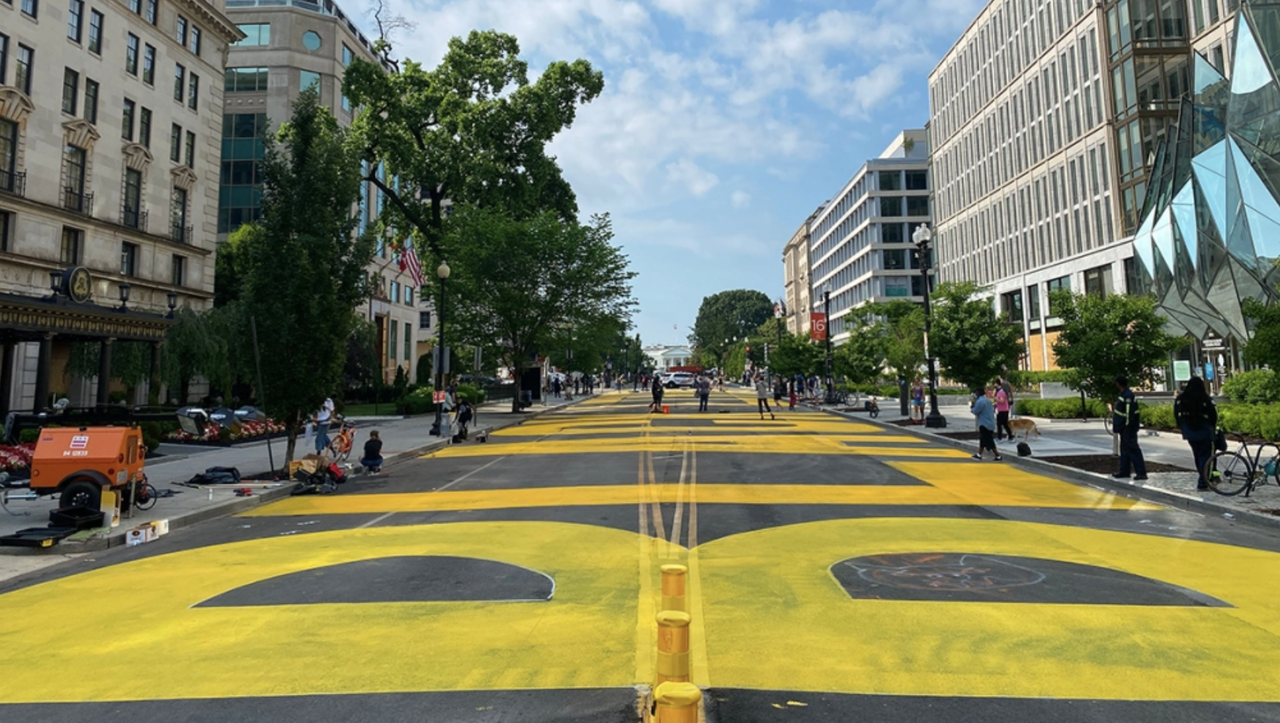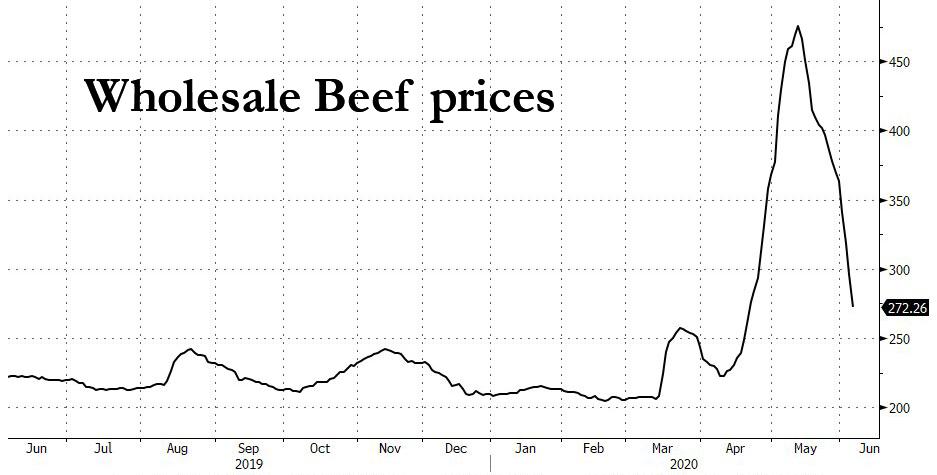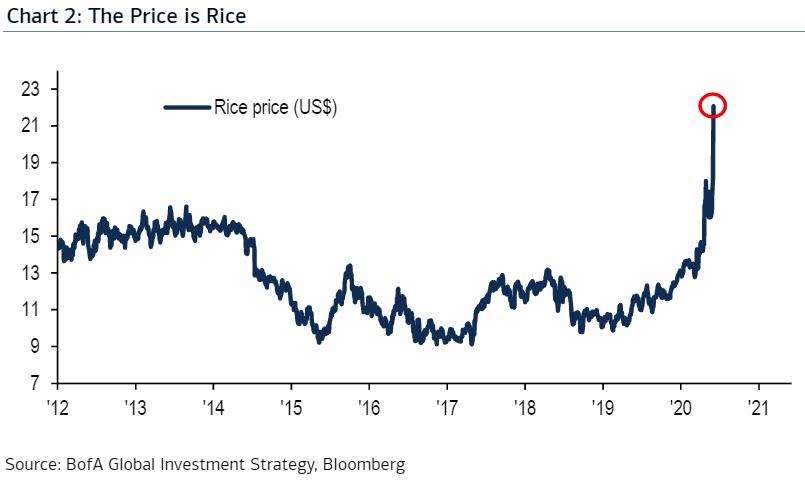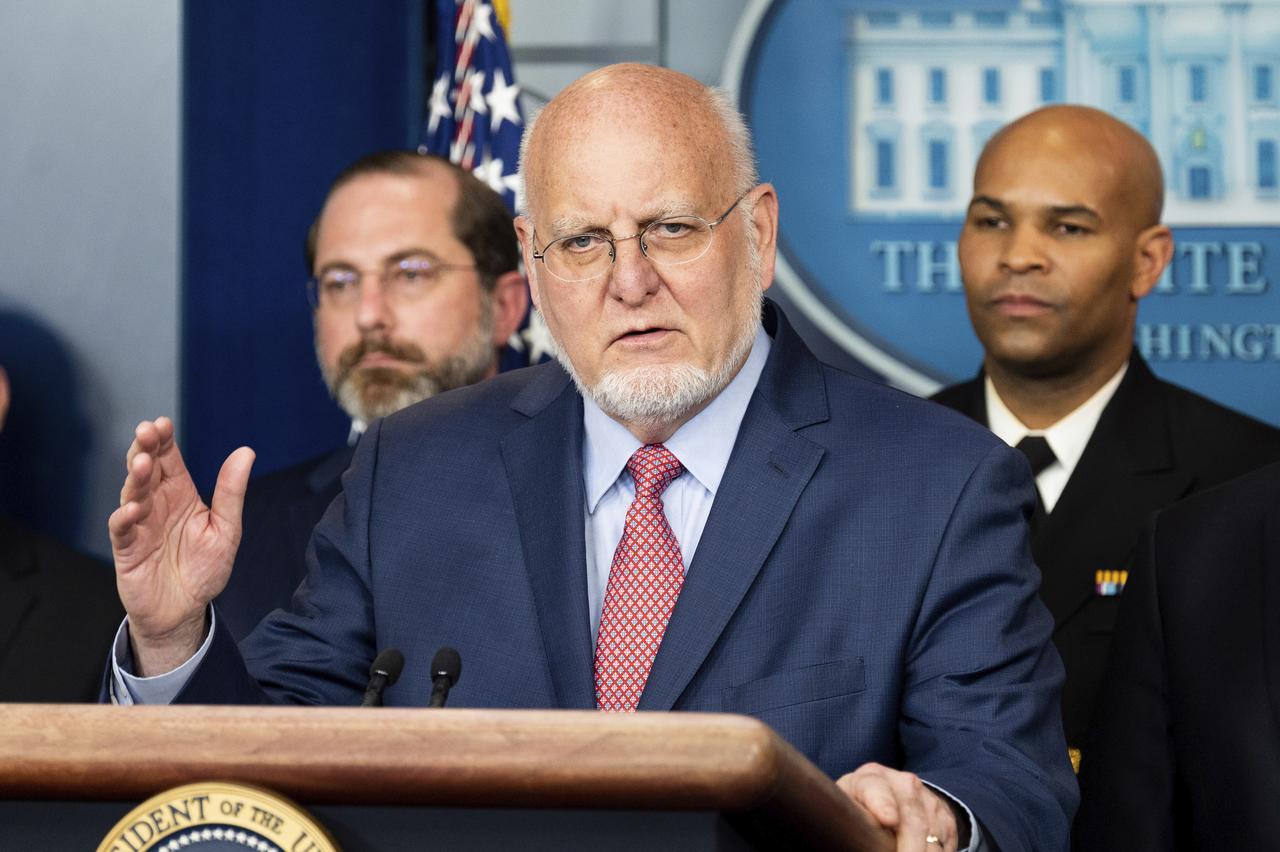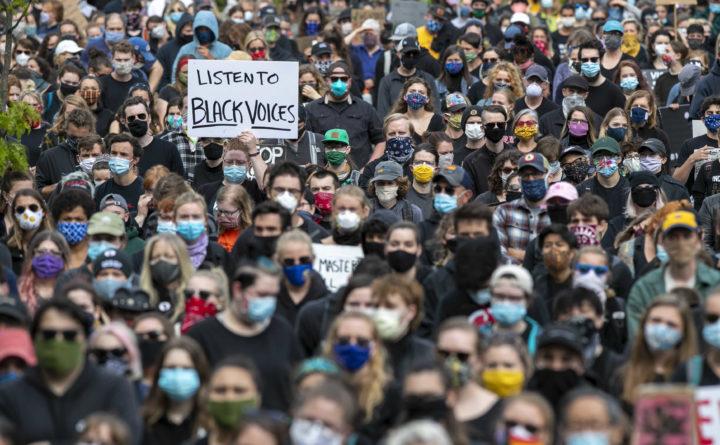Please enjoy the latest edition of Short Circuit, a weekly feature from the Institute for Justice.
Ever wondered what it’s like to argue before the Supreme Court? Four IJers who have been in the hot seat talk shop on the latest episode of the Short Circuit podcast. And over at NPR, IJ Senior Attorney Robert McNamara (who we really, really hope will be on the hot seat next term) tells it like it is on qualified immunity. Click here to listen.
- After White House correspondent for Playboy gets into a shouting match with a former aide to President Trump at a press event, the correspondent’s hard-pass credentials (which allow on–demand access to the White House) are suspended for 30 days—the first time in over 50 years of issuing such credentials that anyone’s have ever been suspended or terminated. D.C. Circuit: The White House can certainly punish “rogue, mooning journalists,” but first it must give them some notion of the rules they must abide by, which it hasn’t. So the correspondent’s suspension likely violated due process.
- Sexagenarian accidentally activates his medical-alert system early one morning, and White Plains, N.Y. police are dispatched. Upon arrival, police demand to be let in, but the man repeatedly and emphatically says he’s not in need of assistance. Instead of leaving, they call in a dozen “tactical reinforcements,” triggering the man to (allegedly) have hallucinations and flashbacks to his military service. An hour-long standoff ensues, at the end of which police shoot, kill him. Second Circuit: Sure sounds like unlawful entry—that claim should not have been dismissed. (Police did not face criminal charges.)
- To guard against corruption or the appearance of it, Pennsylvania bans casino and racetrack owners from making contributions to political candidates. A First Amendment violation? State officials: We don’t want well-documented corruption in those industries taking root here. The ban is just common sense. Third Circuit: That won’t do. Nineteen other states that allow commercial, nontribal gambling do not impose such a ban. You needed to actually present some evidence from those states.
- “Quoting the Declaration of Independence, the Gettysburg Address, the Bible, and various poems,” last month a district court ordered that any Texas voter wishing to vote by mail to avoid COVID-19 may do so. Fifth Circuit: ”The Virus’s emergence has not suddenly obligated Texas to do what the Constitution has never been interpreted to command, which is to give everyone the right to vote by mail.” Texas law that allows seniors to vote by mail—but not those under 65—probably survives rational basis. The district court’s order is stayed.
- In which Judge Jones of the Fifth Circuit, in a decision reviving a takings claim about groundwater, issues a rarely seen partial dissent from her own majority opinion.
- Special deputy sheriff for Henry County, Ohio participates in a shooting class at a public range, accidentally fires his handgun and grievously injures another participant. And while that incident may well give rise to a state-law tort claim, holds the Sixth Circuit, federal constitutional claims are off the table. Nothing about the accident turned on the shooter’s status as a gov’t official.
- Confronting a tangle of discovery disputes arising out of the Flint Water Crisis, the Sixth Circuit concludes that the district court did everything right. Former Michigan Gov. Rick Snyder (and former State Treasurer Andy Dillon) are off the hook for discovery as parties while their qualified immunity defenses wind through the courts. But the rest of the litigation is still moving forward. And as to that other litigation, Snyder and Dillon can be treated as non-party witnesses and made to sit for depositions.
- Kentucky outlaws “bodily dismemberment, crushing, or human vivisection of the unborn child” unless the mother first undergoes a procedure to induce fetal demise. Sixth Circuit: The latter procedures are not feasible options, which means the law effectively bans second-trimester abortions. And that is unconstitutional. Dissent: We should hold this case until the Supreme Court decides whether abortion providers have standing to invoke the constitutional rights of their patients, given that the only plaintiffs here are abortion providers.
- Indiana man believes that his father was a victim of murder and that local law enforcement destroyed the evidence that would have proved it, depriving him of access to the courts. Seventh Circuit: It was error to say he lacked standing to bring this extremely legally bogus claim.
- St. Louis woman is robbed at gunpoint of phone, cash. One week later, another woman is killed in an armed robbery three blocks away. Police discover a man matching the first woman’s description of her robber, and he’s convicted. But wait! Detectives also interviewed a third woman who said her boyfriend stole the first woman’s phone, a charge he denied while admitting to the murder of the second woman—information the jury should’ve heard, so conviction reversed. Prosecutors decline to pursue a second trial and dismiss charges. The man sues police for suppressing, destroying, and fabricating evidence and otherwise violating his rights. Eighth Circuit: Nope.
- Georgia’s ballot-access rules for third-party candidates are much more onerous for non-statewide candidates than for statewide candidates. Simplifying, a third-party candidate for governor can get on the ballot upon collecting signatures from 1% of registered voters; a third-party candidate for the U.S. House of Representatives needs 5%. Eleventh Circuit: The district court incorrectly short-circuited the Libertarian Party’s First Amendment challenge by declining to apply the Anderson v. Celebreeze test. (No comment from the ghost of Anthony J. Celebrezze Jr., whose surname had noticeably more zs and fewer es than the Eleventh Circuit gave him credit for.)
Joshua and Emily Killeen will soon operate a desert retreat and wedding event space on their 10-acre property in rural Yavapai County, Arizona. They initially opened the business without going through the county’s extensive permitting process and have now shut down until their paperwork is in order. But in the meantime, county officials are punishing the couple by banning them from advertising online that their business is “coming soon” and forcing them to cease hosting free weekly events where friends and neighbors were invited to attend free yoga and vegetarian dinners. Which is unconstitutional, and last month the Killeens joined with IJ to file a lawsuit in federal court. Click here to learn more.
from Latest – Reason.com https://ift.tt/3h0MhFK
via IFTTT
